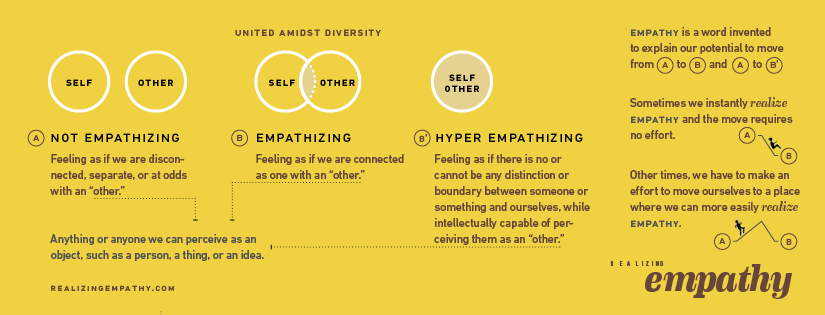If we do
or say things
to fulfill a need,
then we form our objects,
organizations,
and rituals
to fulfill that need.
Yet,
the words,
the behaviors,
and the forms of our objects
and organizations
can mislead us,
if we fail to comprehend
and appreciate
the underlying needs
that shaped it.
Tis
how easily
dogma
is born.
